Tennessee Boating License: Essential Requirements and Procedures
Tennessee has a beautiful landscape that invites residents and visitors to enjoy its waters. With an abundance of lakes and rivers, boating is a popular recreational activity in the state. To ensure the safety of everyone on the water, Tennessee requires individuals to obtain a boating license, which involves understanding the state's boating regulations and taking an approved safety course.
The process for obtaining a boating license in Tennessee is similar to that of acquiring a driver's license. Prospective boaters must study the required materials and pass an approved boating safety exam. This certification is managed by the Tennessee Wildlife Resources Agency (TWRA), which plays a major role in ensuring boating safety throughout the state. Additionally, online boating courses are available for convenience, providing easy access to the necessary education and preparing individuals for safe boating experiences.

Key Takeaways
- A boating license in Tennessee requires passing an approved safety exam.
- The Tennessee Wildlife Resources Agency (TWRA) is responsible for overseeing boating safety.
- Online courses are available for boating education and preparation.
Tennessee Boating License Requirements
Tennessee boating license requirements are essential for recreational boat operators in the state to ensure safety on waterways. According to Tennessee state law, any person born after January 1, 1989, must obtain a boating license to operate a boat with eight and a half or more horsepower in Tennessee waters without adult supervision.
To obtain a boating license in Tennessee, residents must obtain a Type 600 Boating Safety Exam Permit, available at any TWRA hunting and fishing license vendor. This permit allows the individual to take the TWRA Boating Safety Exam. The exam tests the applicant's knowledge of Tennessee's boating laws and regulations.
Upon successful completion of the TWRA Boating Safety Exam, the applicant receives a TWRA-issued wallet Boating Safety Education Certificate. This certificate serves as proof of meeting the state's boating education requirements. It is important to note that no other certificate is accepted by Tennessee law.
In addition to the exam, boating license applicants must be mindful of Tennessee boating laws and responsibilities. These regulations cover a wide range of topics, such as vessel operation, navigation rules, safety equipment, and environmental stewardship. Familiarity with these laws is crucial for ensuring a safe and enjoyable boating experience.
By adhering to Tennessee's boating license requirements, boat operators can confidently navigate the state's many waterways, create a safe environment for themselves and others, and enjoy the numerous recreational opportunities Tennessee has to offer.

The Tennessee Wildlife Resources Agency (TWRA)
The Tennessee Wildlife Resources Agency (TWRA) is a state government organization responsible for managing and enhancing the state's wildlife resources. Founded with a mission to protect and conserve Tennessee's diverse wildlife species, the TWRA's various programs focus on sustainable fisheries, wildlife management, and opportunities for outdoor recreation.
TWRA's work ensures sustainable populations of fish and wildlife through science-based conservation programs. These programs focus on the protection and restoration of habitats to foster thriving ecosystems across the state. By preserving critical habitats and implementing effective management strategies, the agency is able to maintain the ecological balance and promote biodiversity in Tennessee.
Education and outreach are integral to TWRA's objectives, as they raise public awareness about the importance of wildlife conservation and encourage responsible recreational practices. The agency hosts events, classes, and workshops to educate Tennesseans on the value of their natural resources while promoting outdoor activities for all ages, including fishing, hunting, and boating.
The TWRA also plays a crucial role in the administration and enforcement of regulations that govern the state's wildlife resources. This includes the issuance of hunting and fishing licenses, as well as boating permits. To ensure the safety of both boaters and aquatic wildlife, the agency offers boating education courses and exams for individuals seeking a Tennessee boating license.
Through its work, the Tennessee Wildlife Resources Agency demonstrates a firm commitment to protecting the state's valuable natural resources for future generations. By conserving wildlife habitats, enforcing regulations, and fostering outdoor recreation, the TWRA is contributing to a healthier, more sustainable environment for both wildlife and the people of Tennessee.

Boating Education and Safety
Boating education and safety is a crucial aspect for residents and visitors in Tennessee who wish to operate motorized vessels. The state requires individuals born after January 1, 1989, to obtain a boating safety education certificate when operating a motorized vessel larger than 8.5 horsepower 1:
To achieve this, boating enthusiasts must first enroll in an approved boaters safety course. These courses can be taken both online or in-person classroom settings, providing flexibility to suit various schedules and preferences. Throughout the course, participants learn essential boating safety, handling, and navigation principles.
Upon course completion, students take the boating safety exam administered by an approved representative of the Tennessee Wildlife Resources Agency (TWRA) 2. Passing this exam will earn the individual a boating safety education certificate, considered as the equivalent of a Tennessee boating license.
It is worth noting that Tennessee's boating safety courses are approved by the National Association of State Boating Law Administrators (NASBLA) 3, ensuring that the course content adheres to national boating safety standards.
In addition to promoting safe boat handling, the boating education program also aims to preserve Tennessee's waterways' cleanliness. The state has implemented stringent sanitation regulations and instituted the Tennessee Clean Vessel Act Program 4, which encourages responsible boating behavior and proper waste disposal.
By obtaining a boating safety education certificate, operators demonstrate their commitment to responsible boating practices, reducing the risk of accidents, and preserving the environmental integrity of Tennessee's waterways.

Online Boating Courses
Many online boating courses are available for those interested in obtaining a Tennessee boating license. These courses are designed to provide a comprehensive understanding of boating safety, regulations, and best practices. By taking an online course, participants can efficiently gain the required knowledge at their convenience.
One popular option is the Boat-Ed course, which is approved by the Tennessee Wildlife Resources Agency. This course allows for unlimited exam attempts and results in a lifetime certification card upon successful completion.
Another choice for those born before January 1, 1989, is the BoatUS Foundation course. This course is free, approved by NASBLA and the U.S. Coast Guard, and is recognized by the Tennessee Wildlife Resources Agency.
For those who prefer a more interactive learning experience, AceBoater.com offers an online boating safety course catering to Tennessee residents. This course covers all the necessary topics needed to pass the TWRA Boating Safety exam.
Lastly, the BoaterExam course is also approved by the Tennessee Wildlife Resources Agency and charges a course fee of $34.95. Once completed, participants will be certified for life.
Most online courses provide study materials in various formats, such as videos, illustrations, and quizzes. By accessing these resources, learners can efficiently prepare for certification exams. In most cases, simply click a "sign up" or "learn more" button on the course website to begin the registration process.
In terms of course costs, they may vary depending on the chosen course. Prices can range from free to a moderate fee. It's essential to review the cost and reputation of online courses before making a decision.

Boating Registration in Tennessee
In Tennessee, boating registration is essential for most types of vessels. Registering a vessel ensures proper documentation and adherence to state regulations. It is important to know which boats require registration and the steps involved in the process.
Certain types of vessels, such as kayaks, rowboats, boats registered in other states operating in Tennessee for no more than 60 days, and vessels from another country temporarily using Tennessee waters are exempt from registration. If you are unsure whether your vessel requires registration, it's recommended to contact the Wildlife Resources Agency's boat registration number at (615) 781-6585 for assistance.
For registering a powered vessel or a boat in Tennessee, owners need to apply for a Certificate of Number. This process starts with obtaining a bill of sale from the seller or dealer, which includes the boat's make, model, year, hull identification number, and other necessary information. The bill of sale serves as proof of ownership and is required for registration.
Boat registration can be initiated at the county clerk's office in the owner's county of residence. The owner will need to provide their personal identification, bill of sale, and appropriate fees before receiving their boat registration certificate and decals. These decals must be displayed on the vessel correctly to meet Tennessee boating regulations.
Boat registration renewals in Tennessee are due every year, and can be done via mail or in-person at the county clerk's office. Owners need to follow the renewal instructions provided on their registration notice and submit the required fees for a new set of decals.
In summary, boat registration in Tennessee is a crucial step for powered vessel owners to ensure proper documentation, compliance with regulations, and safe boating in state waters.
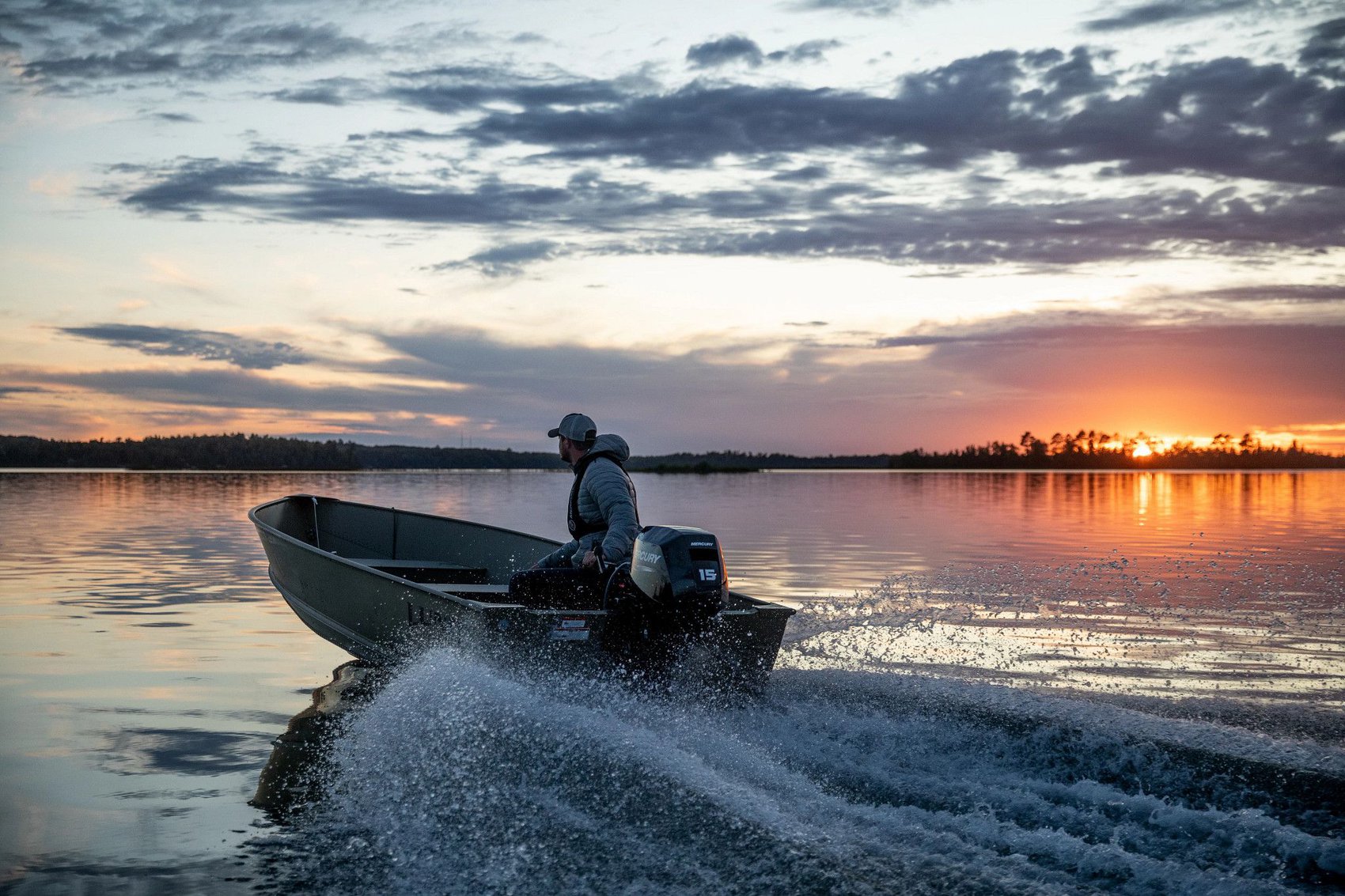
Boating Regulations and Laws
Tennessee boating laws and regulations are designed to ensure the safety of all boaters and protect the state's valuable waterways. The Tennessee Wildlife Resources Agency (TWRA) enforces these rules and has the authority to issue citations and fines for non-compliance. It is essential for boat operators to be aware of and follow these regulations to avoid penalties and ensure a safe boating experience.
One key regulation is the mandatory boating education requirement in Tennessee. Similar to the driver's license law, individuals must acquire study materials, study, and then take an approved boating safety exam administered by an approved representative of the TWRA. This helps ensure that boaters have the necessary knowledge to operate their vessels safely on Tennessee waterways.
In terms of age and operator restrictions, children under 12 years old can operate a motorized vessel of more than 8.5 hp only if there is a supervisor on board who is at least 18 years old and able to take immediate control of the vessel source.
Tennessee boating laws also require that there must be one wearable personal flotation device (PFD) of the appropriate size on board for each person in the boat, including for those being towed. PFDs must be readily accessible and not stored in plastic bags or hidden below deck source.
Additionally, boaters must adhere to the following regulations:
- Register their boats and display appropriate registration numbers and decals
- Observe waterway navigation rules and speed limits
- Use appropriate lights and other safety equipment as required by law
- Report accidents to TWRA within the designated time frame
Violations of Tennessee boating laws can result in fines, loss of boating privileges, and even criminal charges in severe cases. It is crucial for boaters to familiarize themselves with these regulations, maintain proper safety equipment, and operate their vessels responsibly to ensure everyone's safety and enjoyment on the water.
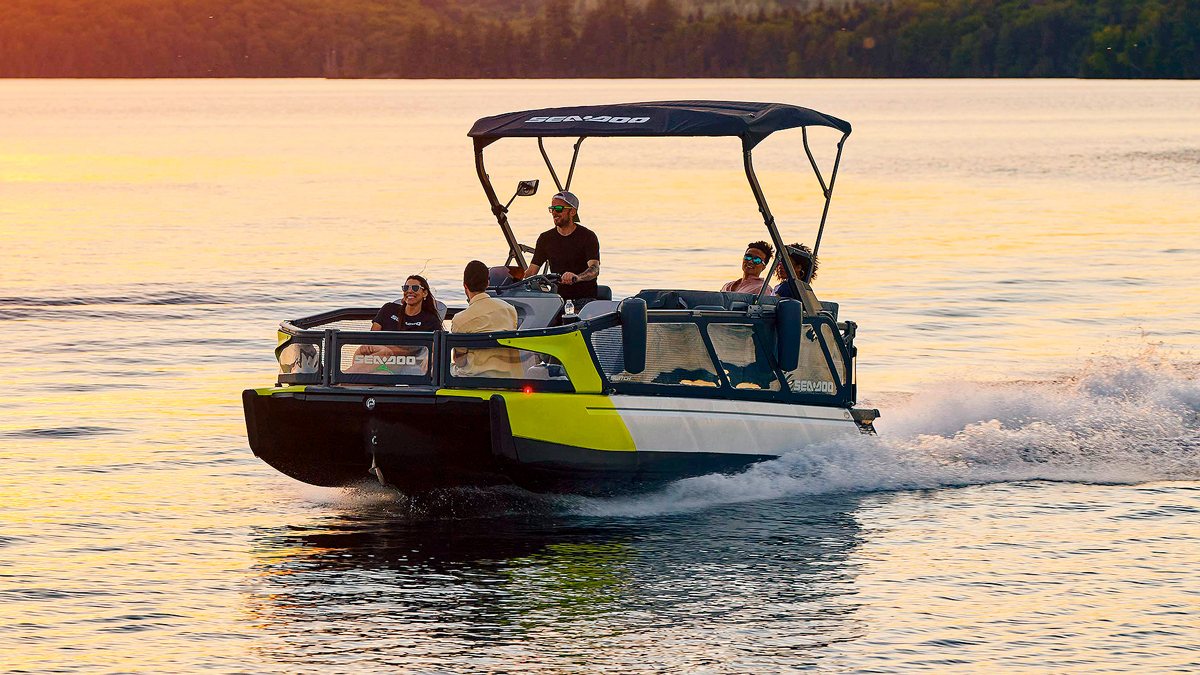
Types of Vessels
Tennessee waters offer a variety of boat types for enthusiasts to enjoy their time on the water. The types of vessels found in Tennessee's waterways include sailboats, canoes, personal watercraft, kayaks, rowboats, and motorboats. Each type of vessel has its unique benefits and challenges, adding to the rich boating culture in the state.
Sailboats are popular for their ability to harness wind power, offering an eco-friendly and peaceful way to navigate the water. They come in different sizes and can be found in many waterways across Tennessee. However, operating sailboats requires a certain level of skill and knowledge of wind patterns and sailing techniques.
Canoes and kayaks are lightweight, paddle-powered vessels perfect for exploring shallow waters and winding tributaries. These boats allow boaters to quietly experience nature while getting a full-body workout. Both canoes and kayaks can be found throughout the Tennessee waterways and are popular choices for those interested in paddling sports.
Personal watercraft (PWC), such as jet skis, provide a thrilling experience on the water, allowing users to zip across the waves at high speeds. Tennessee regulations require a paddlecraft permit and adherence to specific safety guidelines while operating PWCs.
Rowboats offer a more traditional boating experience, using oars to propel the boat across the water. These vessels are popular for fishing trips and leisurely outings on tranquil waters. Rowboats, like canoes and kayaks, do not require registration in Tennessee, as long as they are only propelled by paddles or oars.
Lastly, motorboats are a popular boat type in Tennessee, offering a versatile option for recreation, fishing, and water sports. Motorboats can vary in size and power, and boaters must follow Tennessee boating laws and responsibilities regarding registration, safety equipment, and operation.
Each of these vessel types contributes to the diverse boating experiences available in Tennessee. Whether you prefer the quiet glide of a canoe or the excitement of a personal watercraft, there are plenty of opportunities for boating enthusiasts to explore and enjoy the state's waterways.
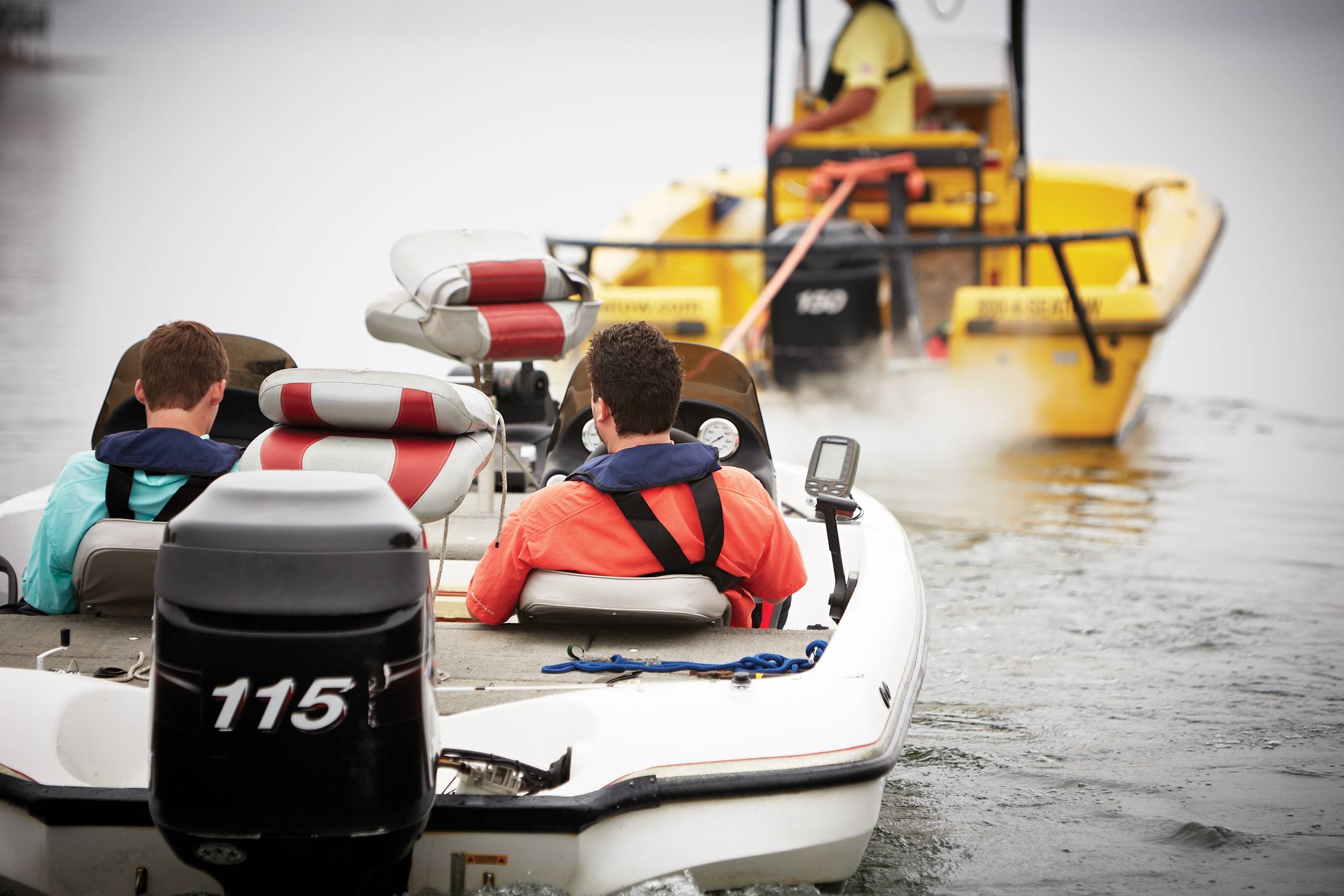
Safety Equipment and Measures
One of the key aspects of boating safety in Tennessee is the proper use of personal flotation devices (PFDs). It is important to note that children 12 years of age and younger are required to wear a Coast Guard approved PFD while on the open deck of a recreational boat, except when anchored, moored, or aground. For all other passengers, having the appropriate number of PFDs onboard is essential for a safe boating experience.
Boats of different sizes and types must adhere to specific safety equipment requirements to ensure safe operation. One such requirement is the Type IV throwable flotation device, which is crucial during an emergency situation. However, canoes and kayaks are exempt from carrying a throwable flotation device, regardless of the boat's length.
Another important safety measure is the proper ventilation of fuel tanks in motorized boats. Enclosed fuel tanks must be vented to the outside in order to minimize the risk of explosions or fires. Also, boats with closed living spaces are required to carry a fire extinguisher.
Boating under the influence (BUI) of alcohol or drugs is a serious offense, and the legal blood alcohol content (BAC) limit for boaters in Tennessee is 0.08%, similar to the limit for drivers of motor vehicles. Penalties for BUI can range from fines and suspension of boating privileges to imprisonment. The importance of staying sober while operating a boat cannot be overstated, as it significantly decreases the risk of accidents and ensures the safety of all passengers on board.
To obtain a Tennessee boating license, residents born after January 1, 1989, must successfully complete the TWRA Boating Safety exam and obtain a Boating Safety Education Certificate. This mandatory education and certification process ensures that boaters are knowledgeable about essential safety measures and regulations, promoting safe and responsible boating practices throughout the state.
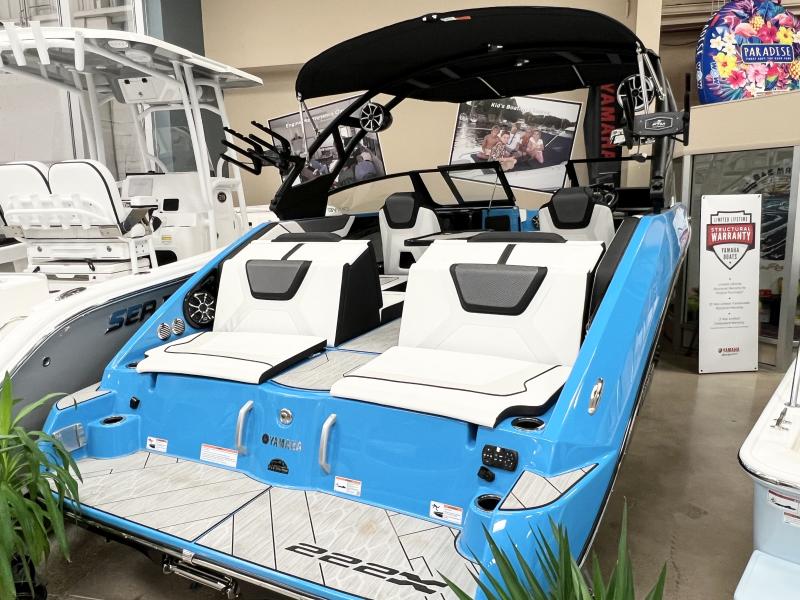
Understand Hull Identification Number (HIN)
The Hull Identification Number (HIN) is a crucial element in the boating world, particularly for boat owners and those seeking a Tennessee boating license. A unique 12-digit number, the HIN is assigned by the manufacturer to vessels built after 1972. This number serves a similar purpose as a car's VIN, allowing authorities and owners to distinguish one vessel from another1.
HINs can be found engraved in the fiberglass or on a metal plate permanently attached to the transom of the boat2. To better comprehend the structure of an HIN, it is helpful to break it down into three main parts:
- The first three characters represent the boat manufacturer.
- The next five characters form the serial number.
- The last four characters denote the month and year of manufacture3.
A crucial aspect of Tennessee boat registrations is ensuring that the HIN is accurate and up-to-date4. Boats manufactured before 1973 may be exempt from having an HIN due to non-standardized identification systems at the time5. However, all boats manufactured after 1972 are required by law to have a 12-digit HIN affixed to the vessel by the manufacturer4.
In summary, understanding the Hull Identification Number is essential for boat owners and those pursuing a Tennessee boating license. The HIN aids in identifying individual vessels, and knowing how to interpret the 12-digit number can provide valuable information about the boat's origin and manufacturing date.
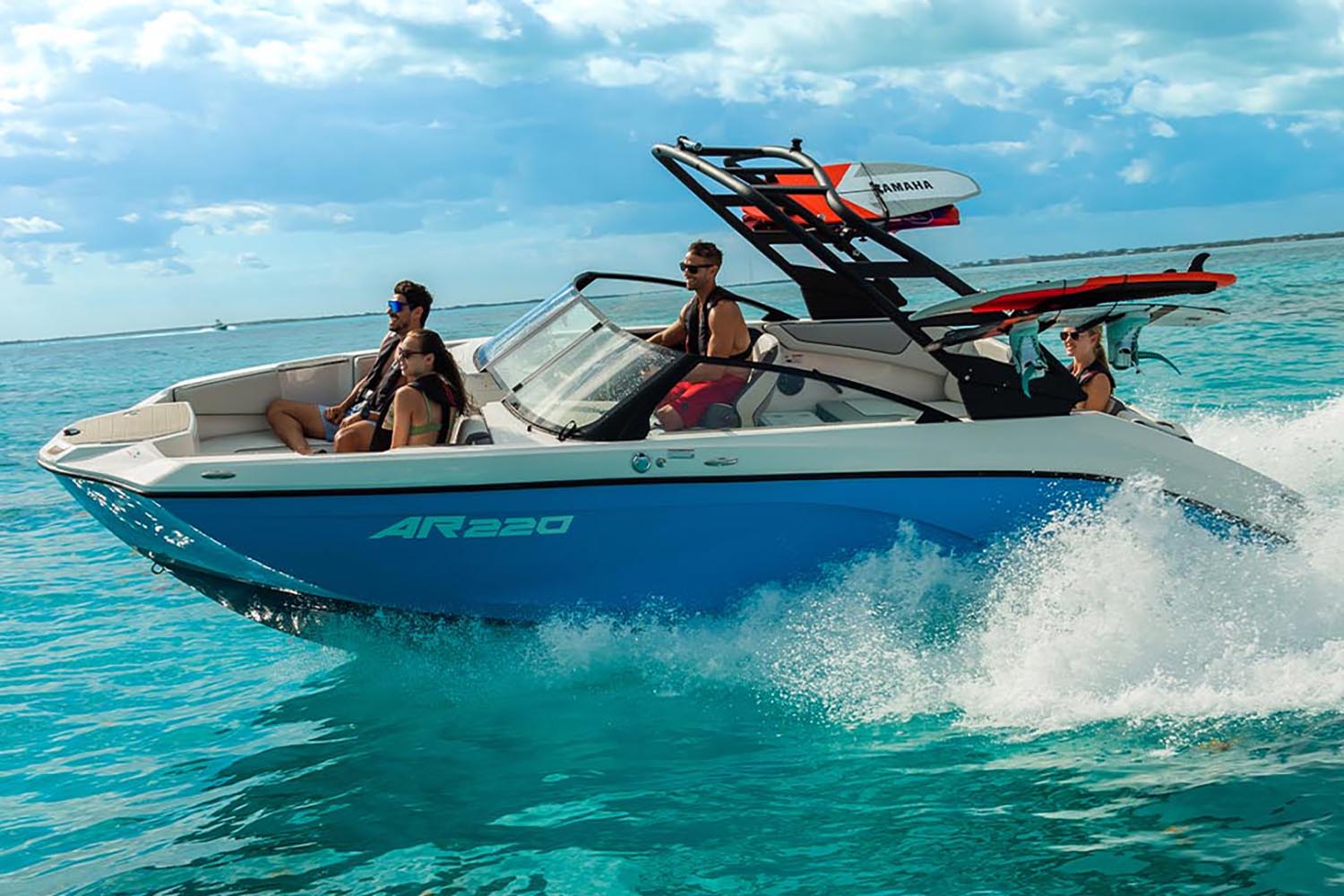
Outdoor Activities in Tennessee
Tennessee is a haven for outdoor enthusiasts, offering a variety of outdoor activities such as hunting, fishing, and boating. With its diverse landscapes, abundant waters, and rich nature, the state is perfect for those seeking adventure and relaxation.
Fishing is a popular pastime in Tennessee, and residents and visitors alike can take advantage of the numerous fishing hotspots throughout the state. Fishermen can target various species, including bass, trout, and catfish, among others. To fish legally, individuals must obtain a fishing license, with options available for residents and non-residents. Packages such as the Sportsman Package include licenses for all fishing and hunting activities, while the General Fishing Package offers a more basic license.
Hunting is another favored outdoor activity in the state. To hunt game like deer, turkey, and other wildlife, enthusiasts must acquire a hunting license. Hunting and fishing licenses can be conveniently obtained online or at any local licensing agent across Tennessee.
In addition to hunting and fishing, boating is a popular way to explore Tennessee's numerous waterways. Navigating through the state's picturesque lakes and rivers allows enthusiasts to immerse themselves in the beautiful natural surroundings. To operate a boat in Tennessee, individuals must acquire a boating license. This process involves studying for and passing a boating safety exam administered by the Tennessee Wildlife Resources Agency (TWRA).
Exploring Tennessee's picturesque waters, diverse nature, and thriving wildlife is at the core of its outdoor activities. Whether it's hunting, fishing, or boating, the state has something to offer for everyone who enjoys the great outdoors.

Additional Information and Resources
Tennessee boating enthusiasts have access to a variety of resources that help ensure a safe and enjoyable experience on the water. The Tennessee Wildlife Resources Agency offers comprehensive information on boating education, regulations, and safety concerns.
For anyone seeking a boating license, the TWRA offers the Boating Safety Exam, which is mandatory for Tennessee residents born after January 1, 1989. The Tennessee mandatory boating education law is similar to the driver's license requirement.
Boaters interested in additional education and information on boating laws can reference the Handbook of Tennessee Boating Laws and Responsibilities. This online handbook provides details on boat owner responsibilities, lighting, paddlesports laws, safety hazards, and waterway navigation.
When it comes to technology, applications like Wavve Boating offer navigation assistance through tablets and smartphones, making it easier for boaters to plan trips and avoid potential hazards on the water.
Boat insurance is another important consideration for Tennessee boaters, as it provides financial protection in the event of accidents or damages. It's recommended to consult with insurance providers to determine the best coverage options for each individual's needs.
For assistance in maintaining safety while boating, the U.S. Coast Guard is a valuable resource. They offer a variety of services, including guidance on boating regulations, equipment requirements, and safety education.
Finally, in case of any questions or concerns regarding boating in Tennessee, the TWRA Help Center is available to provide assistance. They cover a wide range of topics, including boating license testing locations and general information on boating safety and regulations.

Frequently Asked Questions
How difficult is the TN boating test?
The TN boating test aims to ensure proper understanding of boating safety and regulations. As the Tennessee mandatory boating education law is similar to the driver's license law, individuals must study appropriate materials and attempt the exam. The level of difficulty may vary, but with proper preparation, it is manageable.
Where can I take the boating license exam in Tennessee?
In Tennessee, the boating license exam is administered by an approved representative of the TWRA. You can find a boating safety course near you on the TWRA website.
What is the minimum age for obtaining a Tennessee boating license?
The certification is not required if there is an adult, 18 years old or older, on board to take immediate control of the vessel. However, the specific minimum age to obtain a boating license in Tennessee is not mentioned in the search results.
Is there a study guide available for the TN boating license test?
Yes, there is a handbook available on the Tennessee State Government website that serves as a guide to Tennessee boating laws and responsibilities for recreational boaters. This handbook can be used as a study guide for the TN boating license test.
How long does it take to acquire a boating license in Tennessee?
There isn't a specific time frame mentioned for acquiring a boating license in Tennessee. However, the typical process involves acquiring the study materials, studying, and taking the approved boating safety exam. The duration may vary depending upon individual learning pace and availability of test dates.
Are there any restrictions on passengers consuming alcohol on a boat in TN?
The search results provided do not specifically address restrictions on passengers consuming alcohol on a boat in Tennessee. For detailed information regarding alcohol consumption on boats, it is recommended to consult the complete Tennessee boating laws and regulations or contact a TWRA representative.
Footnotes
- https://www.boat-ed.com/tennessee/ ↩ ↩2
- https://twra.state.tn.us/BoatingSafetyExam/ ↩ ↩2
- https://www.nasbla.org/ ↩ ↩2
- https://www.tn.gov/twra/boating.html ↩ ↩2 ↩3
- https://twra.state.tn.us/boathullchecker/ ↩
Charlie is Editor-in-Chief of Sea Magazine